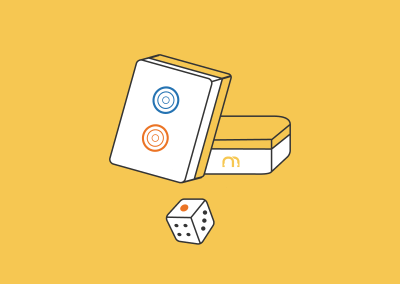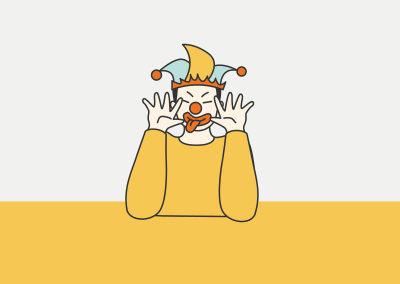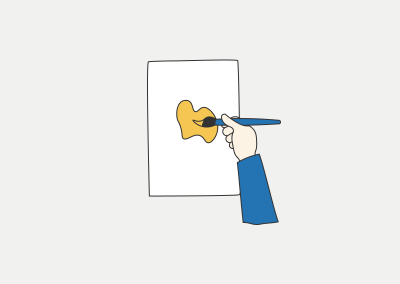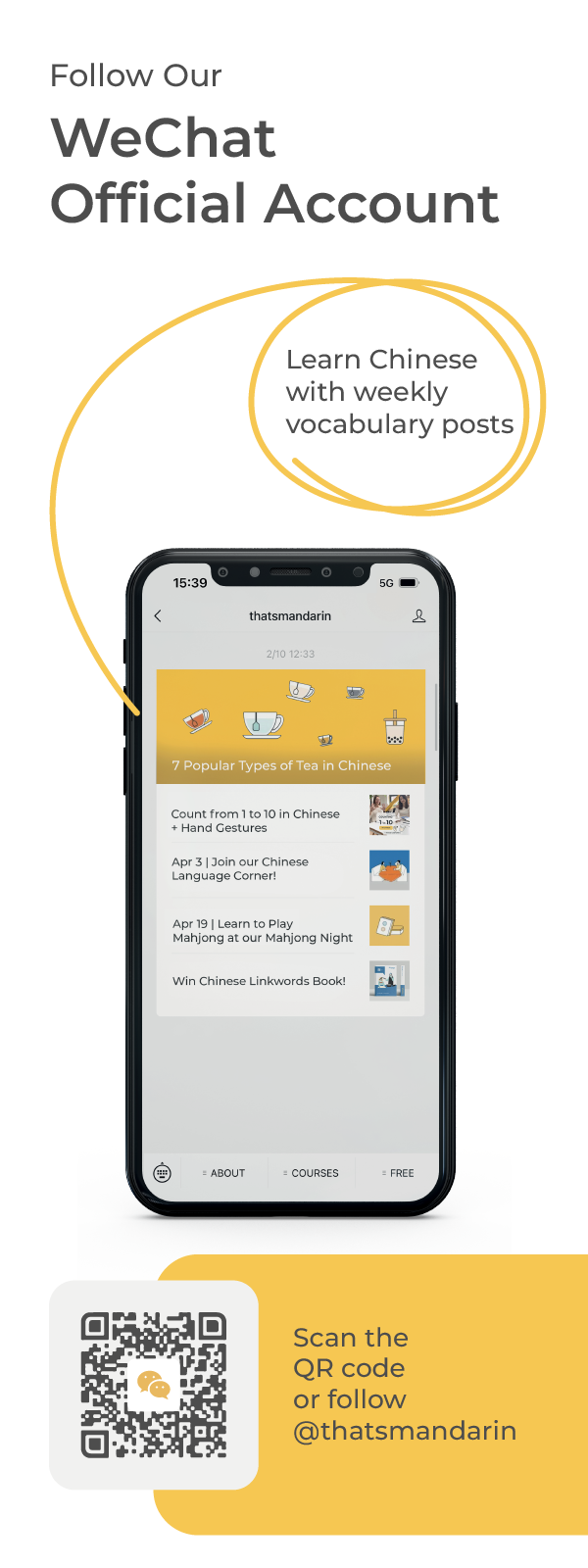5 Common Hobbies in Chinese: Learn Key Vocabulary & Phrases
Everybody has some hobbies (爱好 àihào), and it’s important for people to develop hobbies that can spice up their daily lives with activities they enjoy.
In China talking about hobbies is a common way for Chinese people to bond with friends during joyful get togethers. Whether you’re learning Chinese or just want to learn more about how to express popular Chinese hobbies, this guide will help you speak more naturally and confidently in Mandarin.
Thats Mandarin guides will give you the Chinese phrases you need to connect with locals and have more meaningful conversations, and help to explore what Chinese people enjoy doing in their spare time.
1. Singing (唱歌 chàng gē)
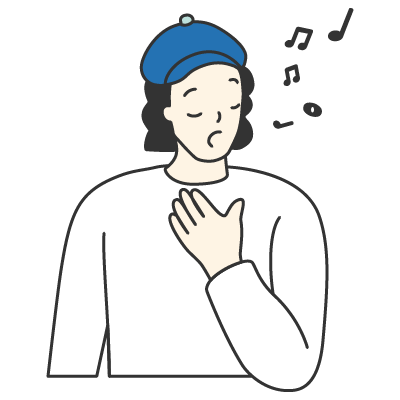
唱歌
chàng gē
to sing
When it comes to Chinese hobbies, one of the most popular ones is singing. The word 唱歌 (chàng gē) directly translates to “to sing”, where 唱 (chàng) means “to sing” and 歌 (gē) means “song”.
Singing is particularly loved by many Chinese girls and there are numerous KTV venues across China where people gather to sing with friends. For those new to China, a KTV is a place with private rooms where people can enjoy singing their favorite songs often in a group.
EXAMPLE:
他会唱英文歌。
Tā huì chàng Yīngwén gē.
He can sing English songs.
2. Dancing (跳舞 tiào wǔ)

跳舞
tiào wǔ
to dance
After learning 唱歌 chàng gē which means “to sing”, the next Mandarin phrase you should know is 跳舞 (tiào wǔ), meaning “to dance”. While dancing isn’t as universally popular in China as singing is a notable exception is 广场舞 (guǎngchǎng wǔ) or “square dancing” which is especially beloved by middle aged and elderly people in China.
Square dancing has become a common activity for Chinese people to stay active and socialize especially in public places such as parks, public squares and apartment complexes. It’s a great example of how dancing in China blends movement music and community and it’s a fun hobby for people of all ages.
EXAMPLE:
一些中国人喜欢跳广场舞。
Yīxiē Zhōngguó rén xǐhuān tiào guǎngchǎng wǔ.
Some Chinese people like to participate in square dancing.
3. Reading (看书 kàn shū)

看书
kàn shū
to read a book
In China reading is considered not only a relaxing hobby but also an important activity for personal growth. The word 看书 (kàn shū) means “to read a book”, where 看 (kàn) translates to “to look watch” and 书 shū means “book”. Many Chinese people take pride in being “bookworms” and value reading as a way to expand their knowledge and perspective.
In Chinese culture, students are often encouraged to read daily making reading books a fundamental Chinese part of life. It’s not only a Chinese common hobby, but also a way to cultivate a deeper understanding of the world whether it’s literature history or modern topics reading in China is seen as an enriching activity that contributes to personal development.
EXAMPLE:
Jason每天都看书。
Jason měitiān dōu kàn shū.
Jason reads books every day.
MORE PHRASES:
看报纸
kàn bàozhǐ
to read newspaper
看电视
kàn diànshì
to watch TV
看电影
kàn diànyǐng
to watch a movie
4. Playing Mahjong (打麻将 dǎ májiàng)

打麻将
dǎ májiàng
to play mahjong
Mahjong 打麻将 (dǎ májiàng) is a traditional Chinese board game that holds Chinese deep cultural significance and is widely enjoyed across China. The word 打 dǎ means “to play” or “to hit” and 麻将 májiàng refers to mahjong itself.
The Chinese game is commonly played in a social setting making it a popular hobby among friend’s families and even strangers in China. Mahjong is enjoyed by people of all ages and many regions in China have their own variations of the game adding to its cultural richness.
Mahjong is often played in a relaxed atmosphere where people bond over the game sharing fun laughter and conversation. It’s not just a game but a social activity that brings people together
EXAMPLE:
打麻将不难。
Dǎ májiàng bù nán.
It’s not hard to play mahjong.
5. Playing on the Phone (玩手机 wán shǒujī)

玩手机
wán shǒujī
to play on the phone
In China playing on the phone 玩手机 (wán shǒujī) has become a popular pastime particularly among young people and students. The word 玩 wán means “to play” and 手机 shǒujī means “cell phone”.
While it’s not always considered the most productive hobby many people spend hours on their phones each day using them to relax, play mobile games or even unwind after a long day at work. Mobile games are a particularly popular activity with a wide range of choices for people to enjoy. Students in particular are often seen playing on their phones after school or during breaks making this a common form of entertainment in modern Chinese culture.
EXAMPLE:
很多学生喜欢下课后玩手机。
Hěn duō xuéshēng xǐhuān xià kè hòu wán shǒujī.
Many students like playing on their phones after class.
FAQ: Common Hobbies in Chinese
In Chinese culture common hobbies include singing (唱歌 chàng gē), dancing (跳舞 tiào wǔ), reading (看书 kàn shū), playing mahjong (打麻将 dǎ májiàng) and playing on the phone (玩手机 wán shǒujī). Hobbies are a part of daily life in China often used to bond with friends and relax after a busy day. Many Chinese people also enjoy square dancing (广场舞 guǎngchǎng wǔ), especially among middle aged and elderly individuals.
2. How to say to sing in Mandarin?
The word for “to sing” in Mandarin is 唱歌 (chàng gē). Here 唱 chàng means “to sing” and 歌 gē means “song”. Singing is a popular hobby in China and places like KTV (karaoke) are very common for people to enjoy singing with friends.
3. How to say “to read a book” in Chinese?
The phrase 看书 kàn shū means “to read a book” in Mandarin. 看 kàn means “to look” or “to read” and 书 shū means “book”. Reading is a cherished hobby in China.
4. How to say “to play on the phone” in Mandarin?
The phrase 玩手机 (wán shǒujī) means “to play on the phone” in Chinese. 玩 wán means “to play” and 手机 shǒujī means “cell phone”. While not always the most productive hobby, many Chinese people especially students and young adults spend hours on their phones playing games, watching videos or chatting with friends.
To find out more interesting and useful Chinese vocabulary, check out one of our blog posts 10 Popular Types of Sports in Chinese: Takeouts, Dine-in and More


